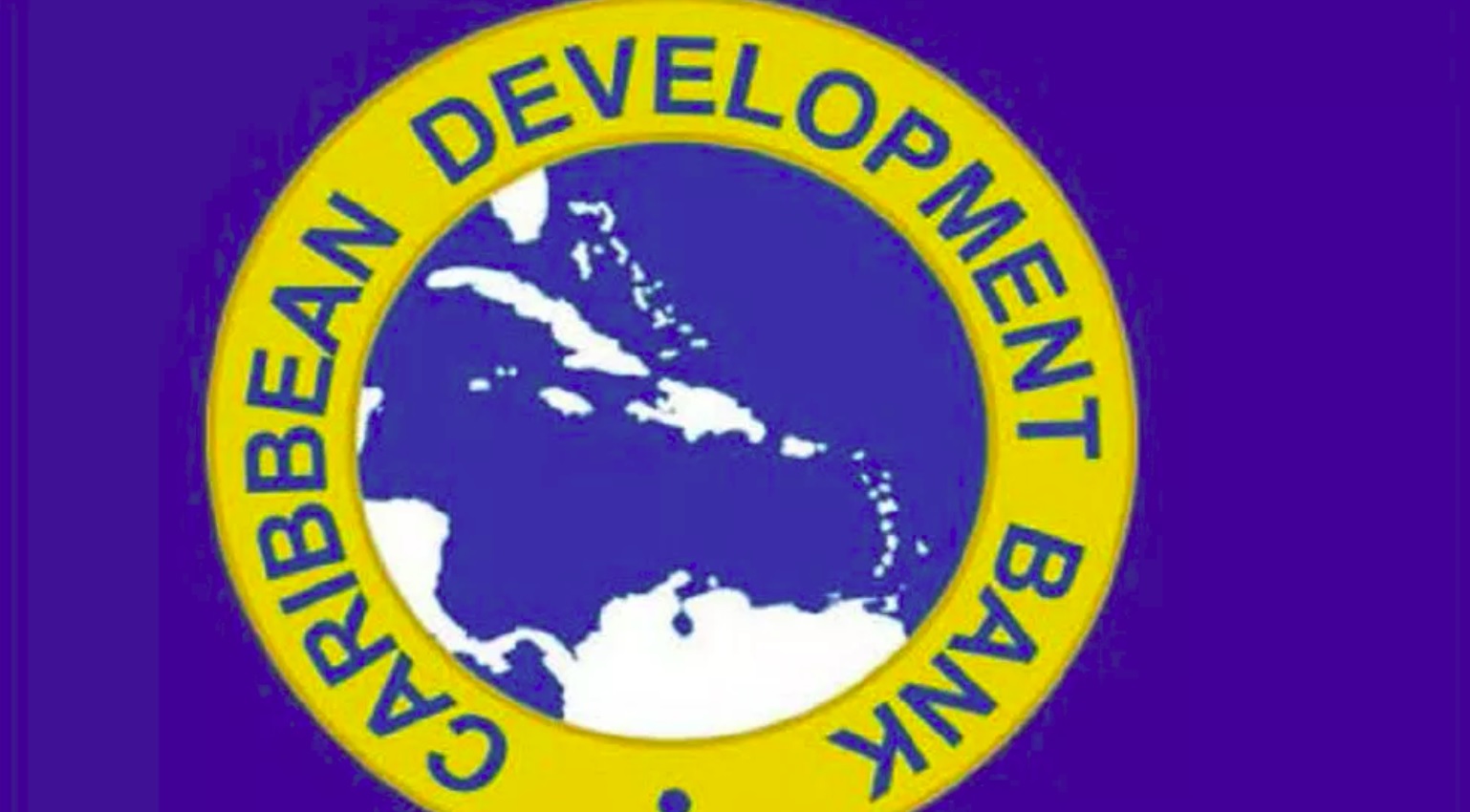WASHINGTON, Nov 12 2016 – President-elect Donald Trump has said “concessions” the Obama administration made to Cuba can easily be reversed and that he will unravel them unless U.S. demands are met, but some of the commercial initiatives may be a bit harder to undo than merely signing an executive order.
“The weakness of executive branch action is that what one president does another can easily undo. Trump can rescind the executive orders, but I think it’s unlikely that he would do a wholesale repeal of Obama’s executive actions,” said Robert Muse, a Washington lawyer. “It’s a bigger decision than it might appear.”
Since the normalization process began, a Miami-based cruise line has begun to sail to Cuban ports, U.S. telecom companies have established roaming agreements with Cuba, commercial airlines are flying from U.S. cities to Cuba, Marriott has entered into a joint venture to manage some Cuban hotels, and Cuba has become Airbnb’s fastest growing market.
A pharmaceutical joint venture is about to begin clinical trials in the United States, other U.S. companies are in various stages of trying to close deals with Cuba and travel to the island by Americans has greatly expanded.
These ventures and expanded travel were all made possible by executive orders and regulatory changes since President Barack Obama and Cuban leader Raúl Castro began a process of rapprochement on Dec. 17, 2014 and would be affected by any abrupt change in U.S. Cuba policy.
Because the companies struck deals in good faith based on existing U.S. regulations, they could be entitled to compensation or would need to be grandfathered-in to new policies, said Muse. That interpretation is based on a provision of the Fifth Amendment that says no one can be deprived of property “without due process of law; nor shall private property be taken for public use, without just compensation.”
“These companies have expended real time and money on these deals,” he said.
Obama’s policies also have been designed to encourage Cuba’s budding self-employed sector, and U.S. business executives, including some Cuban-Americans, have tried to encourage Cuba’s new entrepreneurs with advice and support.
“Reversing Cuba policy also would mean we are turning our backs on them,” said Carlos Gutierrez, who served as secretary of commerce under George W. Bush and has traveled to Cuba numerous times since the rapprochement began. Throwing out all of Obama’s initiatives would “be complicated and not an easy call,” he said.




